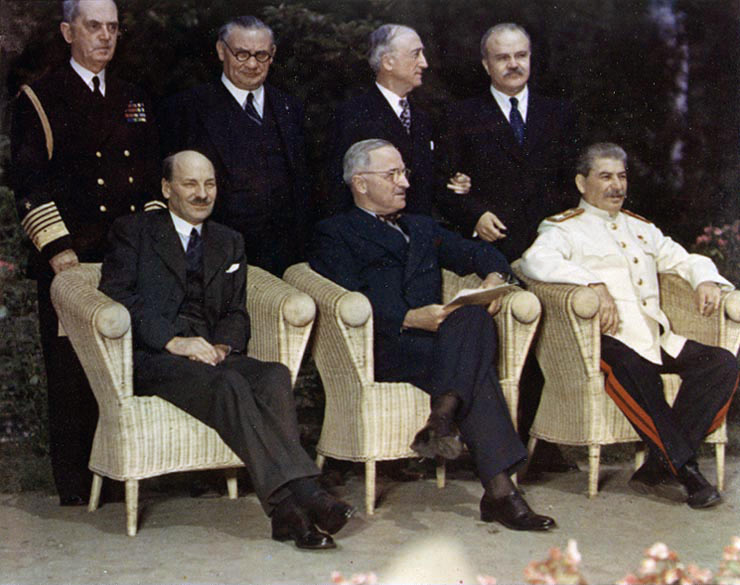Which comes to mind when hearing about protests in Hong Kong. They are starting out peacefully, as the Euromaidan protests did in Ukraine last November. Some initial conflict with police has led to an increase in the number of protesters. (Although in Hong Kong, the police are at least considering alternatives after the first tear gas volleys worked out poorly for them.) There are questions of autonomy and connection to their larger neighbor to the north. Although economic matters appear to be a bigger part of the Hong Kong protests:
But underlying the unrest is unhappiness in Hong Kong over a range of issues, from high housing prices and a growing income gap to an influx of mainland visitors whose customs and habits have struck locals as uncouth. In addition, many of the youths who make up a forceful component of the demonstrators have little sense of connection to mainland China and instead embrace a strong identity as Hong Kongers.
The free-form and unpredictable nature of the last few days’ protests have surprised local residents -- and spurred many of them into the streets in solidarity.The distinction between Mandarin-speaking mainlanders and Cantonese-speaking locals is reminiscent of the city/farm separation of the 1896 Democratic party - although, unlike William Jenning Bryan, this is celebrating the urban rather than the rural. Which is only the mildest indication that this is an Awakening - the crowds of people in non-governmental actions being the main one, the involvement of youth another. If so, though, we'd expect to see a previous High and, before that, a Crisis period.
Which works pretty well, actually. It's been 17 years since the handover/return of Hong Kong to mainland China, which could mean that the interim period has been the High. That would mean that the previous period was the Crisis - and it does appear that, from 1979 to 1997 (18 years), there was a lot of uncertainty and migration that had a significant effect on the city.
Unfortunately, the similarities suggest that it will end much the same as Ukraine (also likely Second Turning) has: An initial burst of enthusiasm, pushback from the unfriendly neighbor - China could probably destroy any opposition by closing the airport and the harbor - and possibly military intervention. The generational model doesn't preclude a happier ending: It just seems unlikely.







